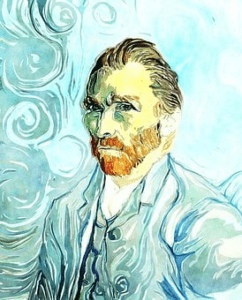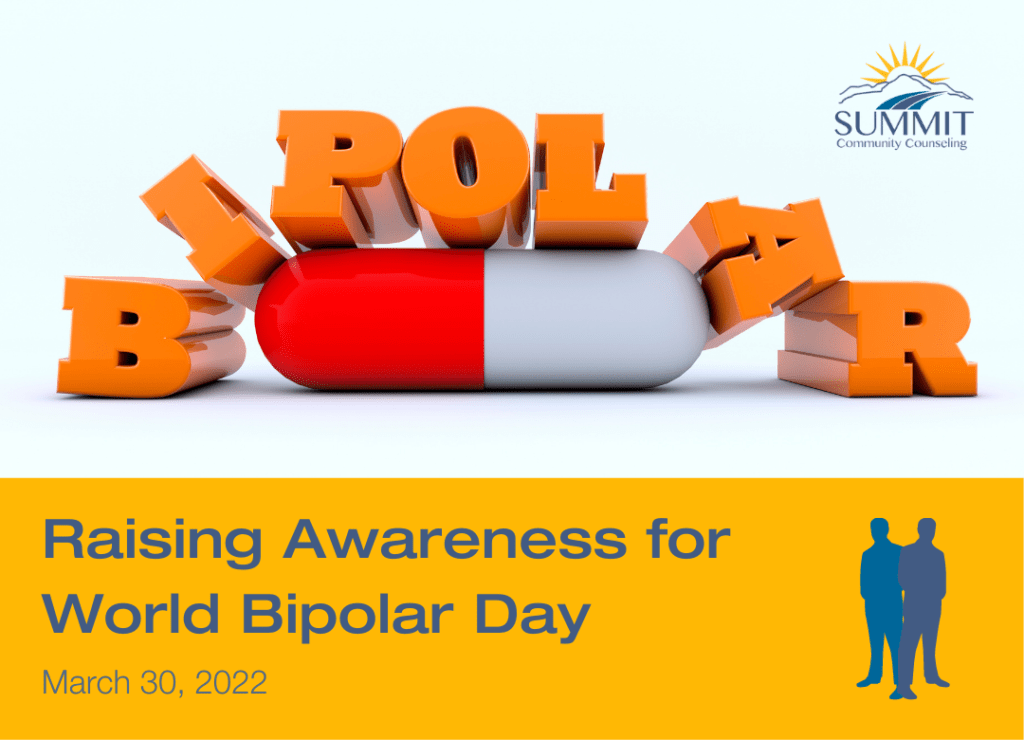
World Bipolar Day takes place every March the 30th of each year. It actually involves a really curious fact as to why it is this specific day. It is the birthday of Dutch painter Vincent van Gogh — one of the most influential artists in the history of Western art. Why him? Van Gogh suffered from bipolar disorder, his creativity flourished even with this disorder and at times used his constant mood changes for inspiration.
However, bipolar disorder is a serious mental health issue, it dramatically affects mood and may result in drastic opposite episodes of depression and elation. Not every person can channel these emotions in the best way and it can their health, productivity, and relationships.
How does a person become bipolar?
Bipolar disorder has many causes, from genetics to life events. A team from the University of Michigan found that there is no single genetic modification, life event, or chemical brain imbalance that could be directly the cause of bipolar disorder. It is more a combination of several biological and environmental factors that can trigger bipolar disorder. Bipolar disorder can come with other health complications such as metabolic disorders or migraines.
How do you know if someone is bipolar?
Bipolar is not unidimensional, there are different types of symptoms depending on which mood episode a person is in.
For depression episodes, the most common symptoms are: feeling of sadness, lack of energy, difficulty concentrating, loss of interest, feeling of emptiness, feeling of guilt, feeling pessimistic, difficulty sleeping, suicidal thoughts, lack of appetite, etc.
For manic episodes, the most common symptoms are: feeling overjoyed, talking quickly, being full of energy, being easily distracted, not feeling like sleeping, being delusional, doing things with disastrous consequences, etc.
A person with bipolar disorder may have episodes of depression more regularly than episodes of mania, or more regularly episodes of mania than episodes of depression. Between episodes of depression and mania, they might encounter periods where they have a “normal” mood.
Let’s raise awareness
An estimated 1 in 5 people diagnosed with bipolar disorder commits suicide. If you or someone you know is going through this it is important to get help. It is best to seek a psychiatrist to evaluate the case personally, however, if you would like more information first, the NAMI (National Alliance on Mental Illness) and NAMI Affiliates are there to provide you with support for you and your family and information about community resources.
Contact the NAMI HelpLine at 1-800-950-NAMI (6264) or info@nami.org if you have any questions about bipolar disorder or finding support and resources.
Links:
https://www.nhs.uk/mental-health/conditions/bipolar-disorder/symptoms/
https://www.nami.org/About-Mental-Illness/Mental-Health-Conditions/Bipolar-Disorder/Support
https://www.isbd.org/world-bipolar-day
https://nationaltoday.com/world-bipolar-day/
https://mhanational.org/blog/7-reasons-why-world-bipolar-day-important


